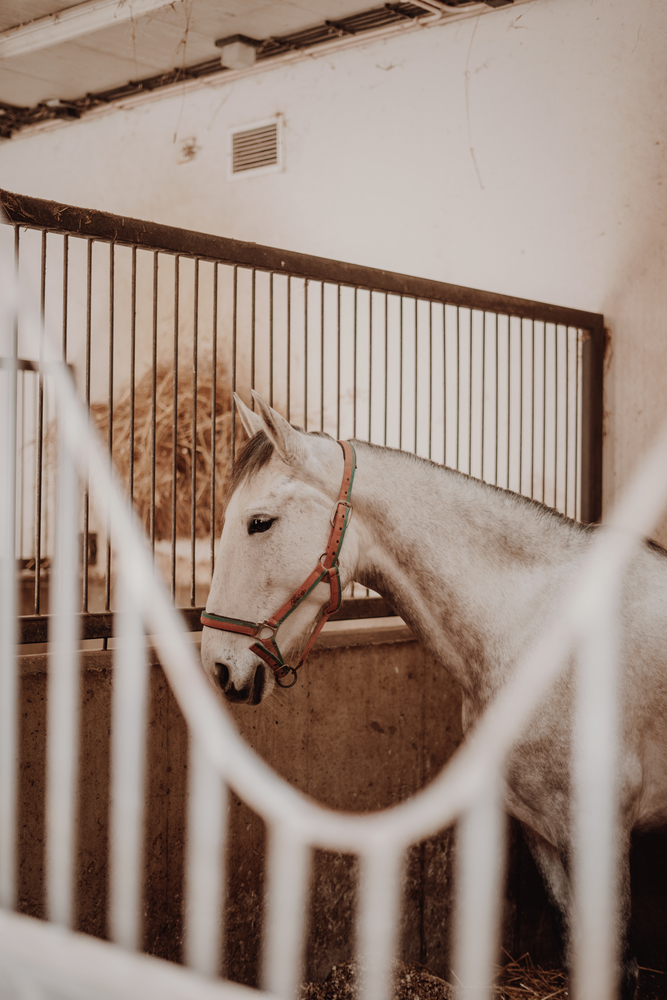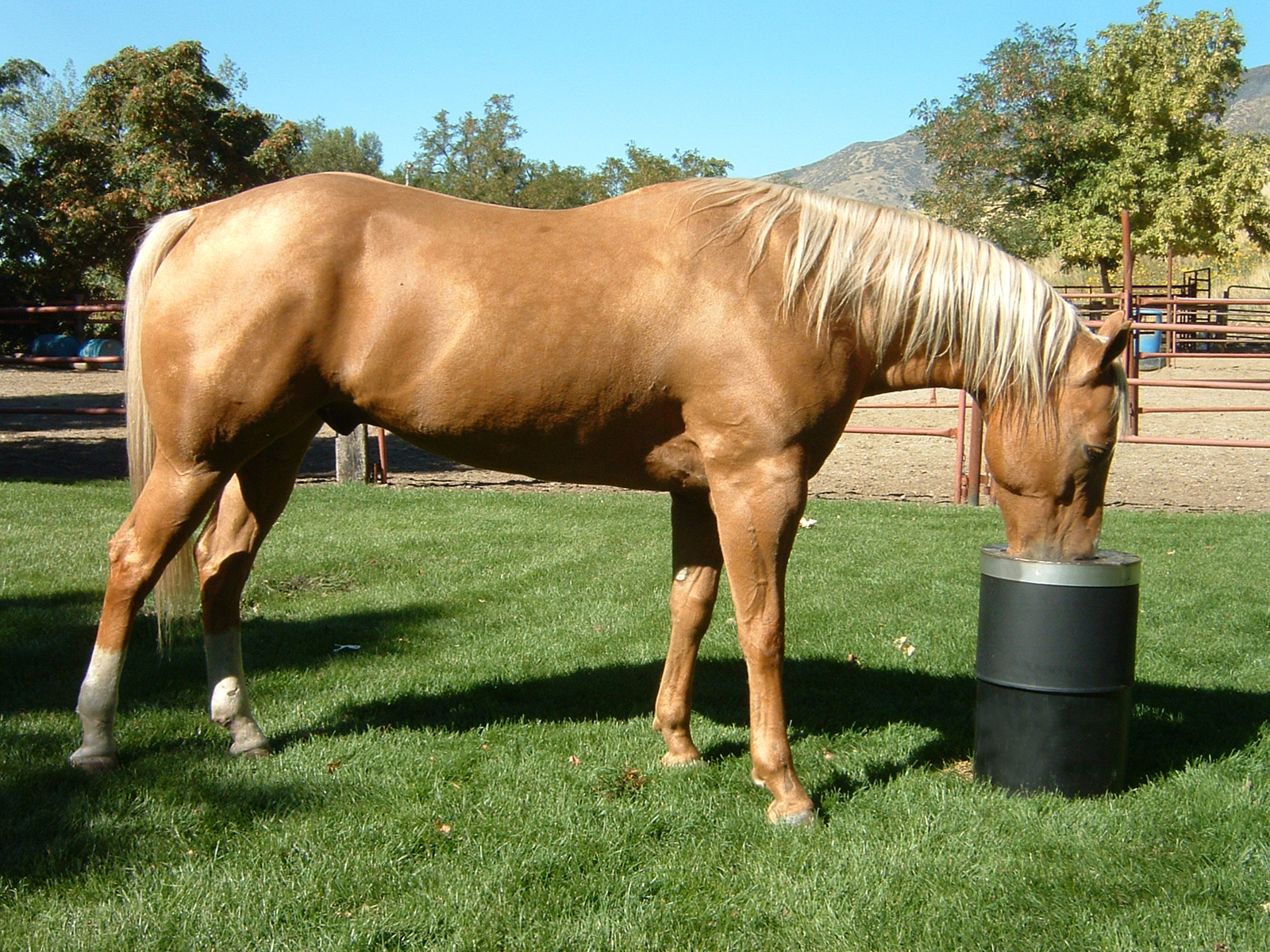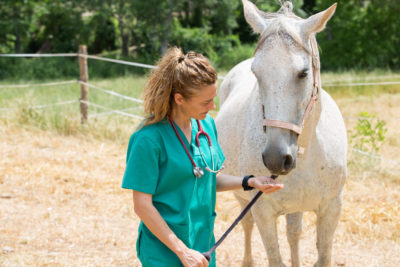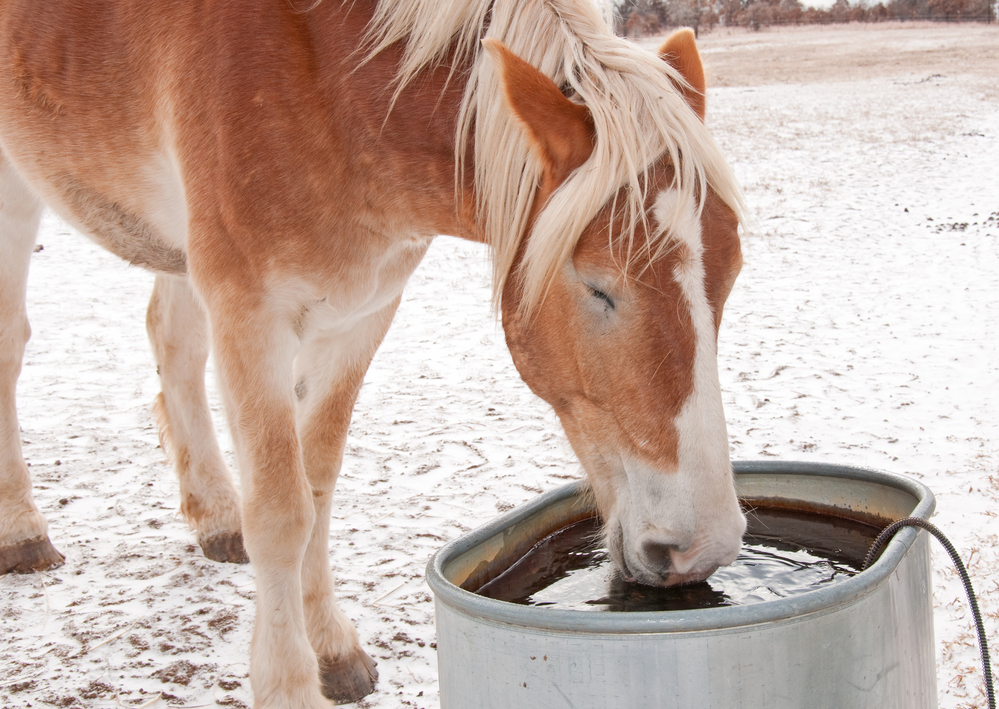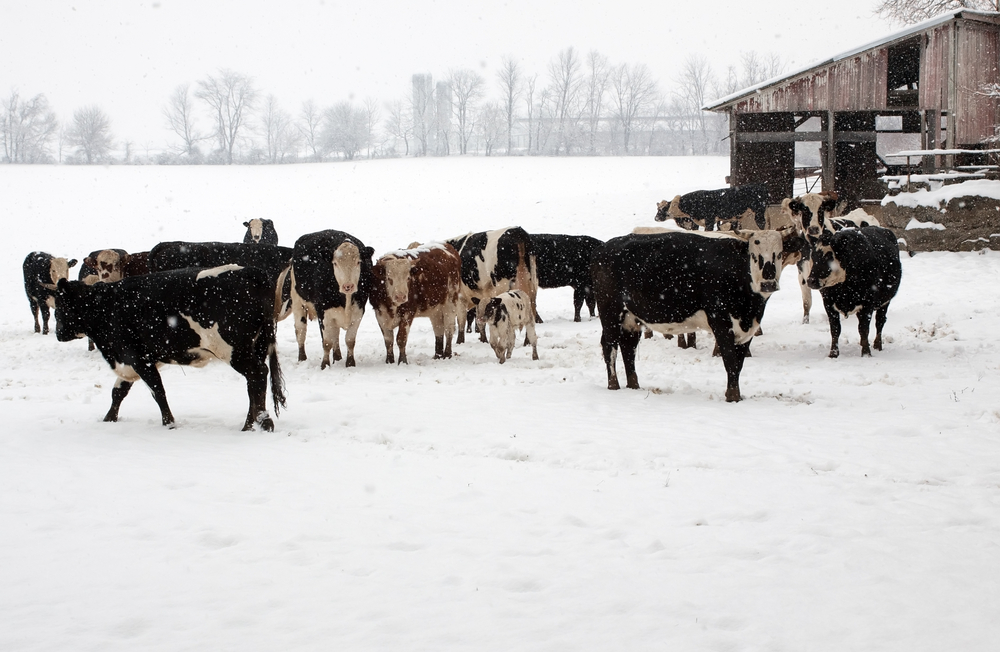How To Help Your Horse Adjust To A New Home: 4 Helpful Tips
Moving to a new stable or getting a new horse can be exciting. However, moving can be difficult for horses. While us humans typically have some say in where and when we move, horses don’t have this. They’re uprooted from everything they found familiar and placed in an unfamiliar environment. This can be incredibly stressful for your horse. As such, it’s important to know how to help your horse adjust to a new home.
Read More →4 Interesting Facts About Horse Water Consumption
Horses need a significant amount of water every single day in order to stay healthy. You never want to risk your horse not having enough water to drink. Nor do you want to give them dirty water, as this can negatively impact their health. There are many questions that people have about horse water consumption, from how much horses should be drinking to whether or not horses can drink too much water.
Read More →How To Know If Your Horse Is Sick: 4 Warning Signs To Watch Out For
Horses are prey animals, which means that they do their best to hide when they are sick or injured. However, you can still tell if your horse is sick by watching out for abnormal behavior or physical signs. The best way to know if your horse is sick is to know their normal behaviors, tendencies, and vital signs, so that you can more easily spot signs that something is wrong.
Read More →Why Is Frozen Water Bad for Horses?
Here’s what you need to know about why frozen water is bad for horses, what you can do to keep your horse’s water from freezing, and whether or not horses can even safely withstand freezing temperatures.
Read More →Can You Save Money With A Horse Drinker?
It’s not cheap keeping animals, but you don’t want to cut corners that could impact their welfare. You may also want to make life easier and more efficient for yourself and for your horses, but are unsure of whether you can actually save money with something like a horse drinker or whether it would be an expense that doesn’t end up paying for itself.
Read More →4 Winter Livestock Survival Tips: Keeping Your Livestock Watered In The Winter
Beautiful as a blanket of freshly fallen snow is, snow and ice bring unique challenges to taking care of your livestock. From trying to prevent weight loss to doing what you can to ensure that your animals have enough food and energy and more, that winter wonderland outside makes caring for your livestock and keeping them watered all the more difficult. Fortunately, by addressing the unique needs your animals face during the colder months, you can prevent health problems and help your livestock survive these frigid months.
Read More →
- « Previous Page
- 1
- 2
- 3
- 4
- 5
- …
- 14
- Next Page »

